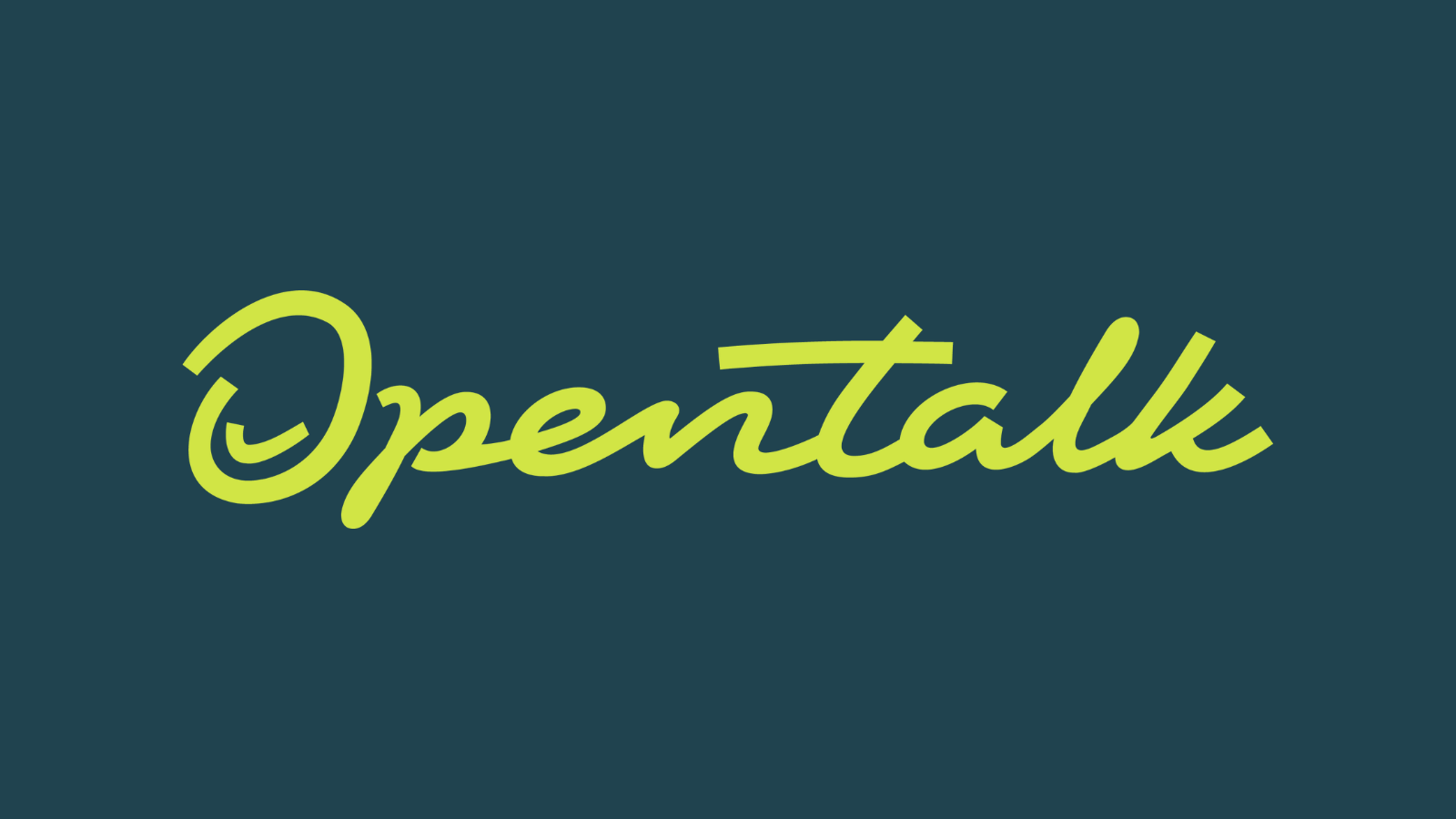5 questions about OpenTalk for CEO Peer Heinlein

In our '5 questions about' series, we ask our experts about important topics relating to OpenTalk, open source software, digital sovereignty and current industry trends.
Peer Heinlein is the founder and managing director of Heinlein Support, the award-winning email provider mailbox.org and the modern and data protection-compliant video conferencing solution OpenTalk. As an expert in secure electronic communication, he is a member of the Committee for Information and Communication Technology of the DIHK (ICT Committee), a member of the plenary assembly of the IHK Berlin and part of the extended board of the Open Source Business Alliance. He answers 5 questions about OpenTalk:
What was the motivation to develop OpenTalk?
We needed a solution that was state-of-the-art in terms of functionality, but also technology and security, so that we could use it for confidential communication with our customers and business partners with a clear conscience. We also saw that there is a demand for sophisticated features in video conferencing that are fun and offer added value. The existing open source solutions could not offer this with their outdated IT architectures. So if you demand open source and digital sovereignty without having to sacrifice convenience, then you have to be able to offer answers - and that's what we did with OpenTalk.
What advantages does OpenTalk offer?
OpenTalk is GDPR-compliant and consistently offers modern authentication and security mechanisms - OpenTalk is currently undergoing CC-EAL4 certification by the German Federal Office for Information Security (BSI). This is the highest possible trust certification. In contrast to conventional US cloud-based solutions, OpenTalk is operated on secure German servers or directly in the customer's data center, thus offering 100% digital sovereignty and data protection. Thanks to open source, what happens in the "machine room" is transparent at all times. Thanks to suitable interfaces, it can be easily integrated into specialist processes and other existing systems.
Conference platform operators also appreciate features such as Kubernetes scale-out, even for large platforms with immense numbers of users. Users appreciate the friendly look, features with real added value, the integrated portal for conference planning including invitation management and many small functions that make work easier.
Why is it important that video conferencing is open source?
We must protect the confidential word. This is only possible if we can ensure that communication is encrypted and that this encryption is resilient and without backdoors. The software must therefore be controllable to ensure that no data is deliberately leaked. In my opinion, this is only possible with open source.
Why is data sovereignty particularly important for video conferencing systems?
The use of AI is a good example here: AI is already being used in video conferences, which can create text transcripts or summaries of meetings, among other things. These are useful features - but they also mean that the AI and the person operating it can obtain knowledge about all the details of the video conference and its participants. In terms of security and data protection, the AI must at least be provided by a national provider - or ideally be integrated into the conference as a self-operated solution. The spoken word must therefore remain confidential, even if supporting tools such as AI are integrated into video conferences.
In addition to the confidentiality of the word, availability is also an important point. We cannot always assume that international friends will stand by our side in the long term. If we are dependent on international IT, critical infrastructures can quickly break away. Be it for political reasons or through sabotage, for example. Such critical IT must be operated by a state and its society under its own control, in its own data centers, with its own data lines, in order to guarantee its own ability to act.
Why should the public sector rely on OpenTalk?
There are many good reasons for public administration to use open source software such as OpenTalk. After all, public administration must be resilient - i.e. politically and technically independent - in order to be able to act even in crises. This is even a military issue. However, IT procurement must also be cost-saving and sustainable. Open source ensures precisely this, as service, support and customization are usually the main focus, rather than a usage fee in the form of a purchased license. We must be free to decide how long we want to operate an established and functioning solution. This is sustainable software procurement that not only saves taxpayers' money, but also valuable manpower. This is the only way we can create digitalization and make progress. OpenTalk is therefore the ideal solution for the public sector: open source, state of the art, with sophisticated features and digitally sovereign by conviction.
More articles
Digitaler Staat 2026: Digital sovereignty for the administration of the future
OpenTalk will once again be represented with its own stand alongside OpenCloud, presenting solutions for secure, scalable and sovereign video conferencing systems.
Secure video conferencing with OpenTalk: Technical measures for administrators
OpenTalk, the European video conferencing solution, offers administrators a customisable, scalable and secure platform that is specifically tailored to the needs of public authorities and businesses.